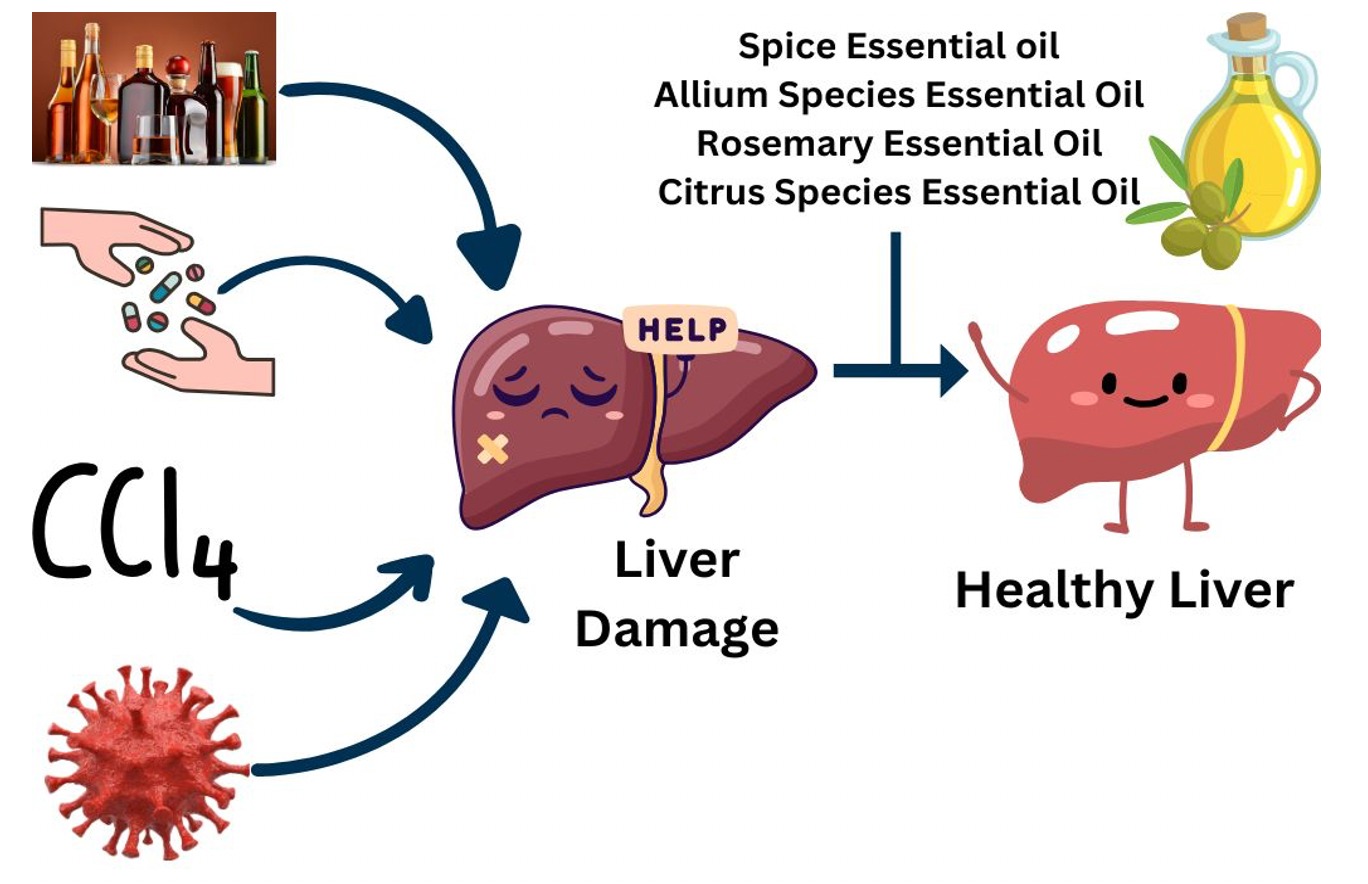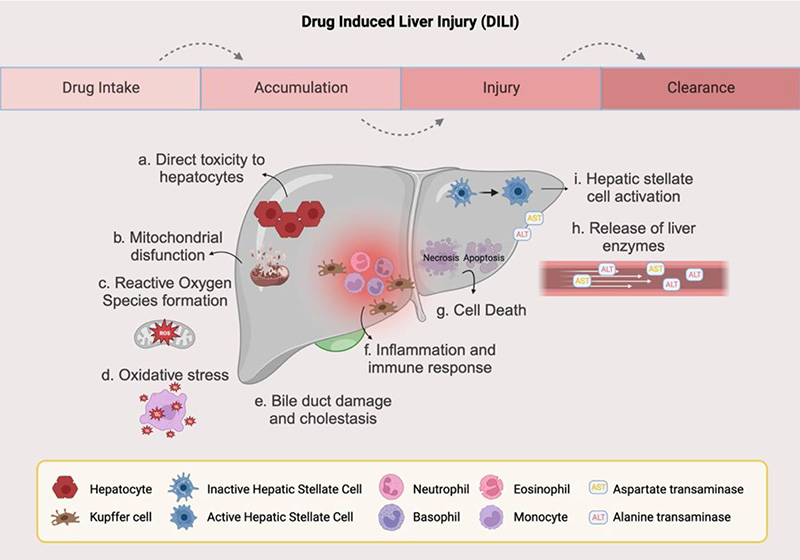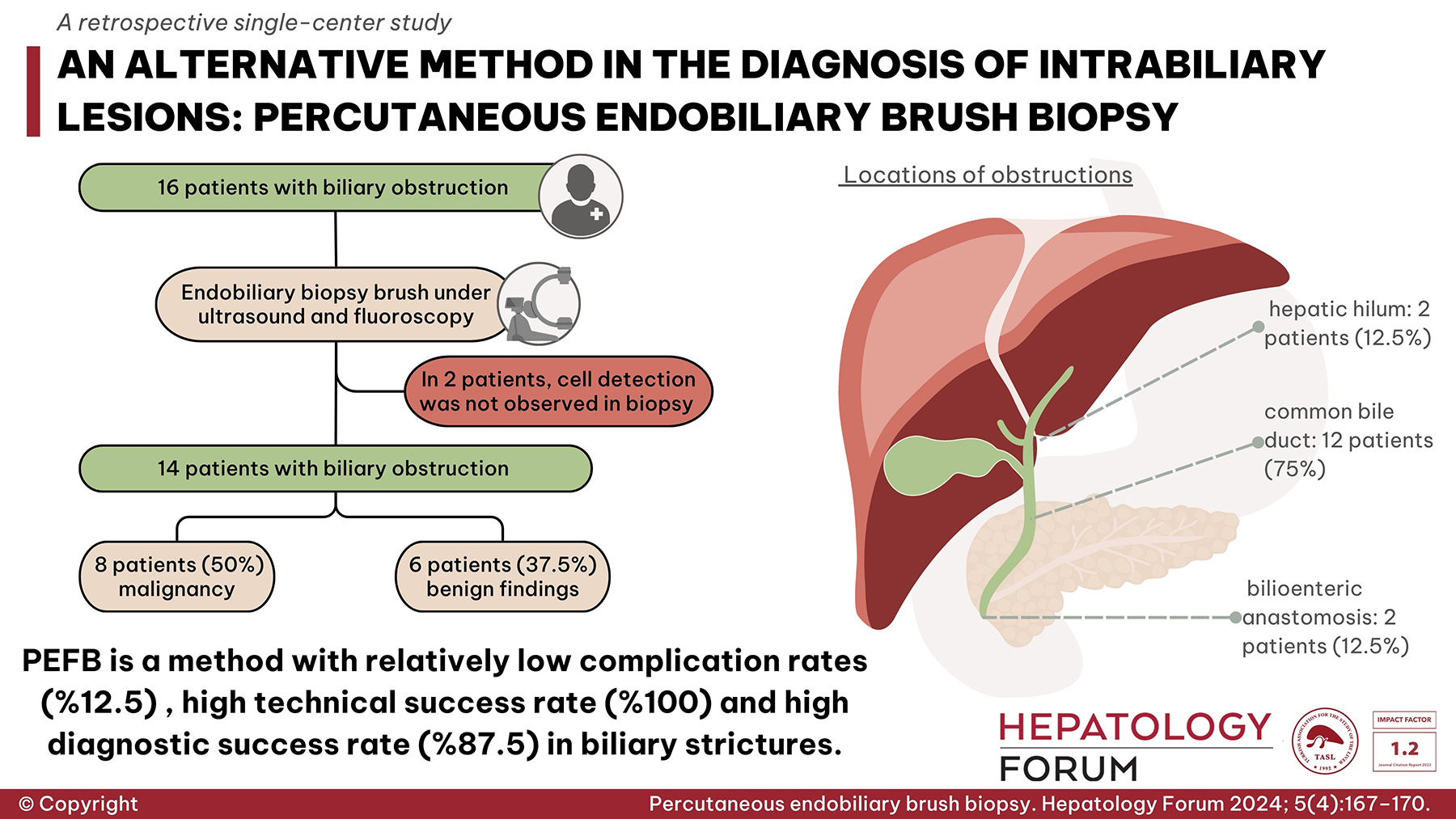2Department of Biostatistics, Inonu University School of Medicine, Malatya, Turkiye
3Department of Surgery, Inonu University School of Medicine, Malatya, Turkiye
Abstract
Background and Aim: Patients with hepatocellular carcinoma (HCC) are managed in various hospital departments, which complicates the assessment of the overall picture. In our large liver transplant institute, we evaluate all HCC patients in a weekly multi-disciplinary liver tu-mor board, and their data are prospectively collected in an institutional HCC database to evaluate HCC causes, tumor features, treatments, and survival.
Material and Methods: Baseline data for patients (n=1322) were prospec-tively recorded, including hepatitis status, routine clinical serum parame-ters, radiological assessment of maximum tumor diameter (MTD), tumor number, presence of macroscopic portal vein thrombosis (PVT), and serum alpha-fetoprotein (AFP) levels.
Results: Cirrhosis was found in 81.1% of patients; 58.5% had hepatitis B virus (HBV), 14.9% hepatitis C virus (HCV), 8.9% cryptogenic cirrhosis, and less than 2% had alcoholism. MTD was <5 cm in 61.95% of patients, and 31.9% had PVT. The median overall survival was more than six-fold greater for the 444 liver transplant patients than for those without surgery. Transplanted patients had smaller tumors, whereas larger tumors (MTD >10 cm) were primarily in the no-surgery group. Parallel differences were found for AFP levels (highest in the no-surgery group). PVT was present in similar proportions (25.0% for transplant, 28.0% for no-surgery). The presence of cirrhosis was higher in the transplant group. MTD and levels of serum AFP, gamma-glutamyl transferase (GGT), and blood platelets were prognostic parameters for transplant. Furthermore, AFP and GGT levels were prog-nostic for transplanted PVT patients. Only albumin was prognostic in the no-surgery patients.
Conclusion: Transplanted HCC patients have longer survival, smaller tu-mors, and more severe liver damage than no-surgery patients. Prognostic subsets were identified within the surgery and the PVT groups.





 Brian I. Carr1
Brian I. Carr1 









